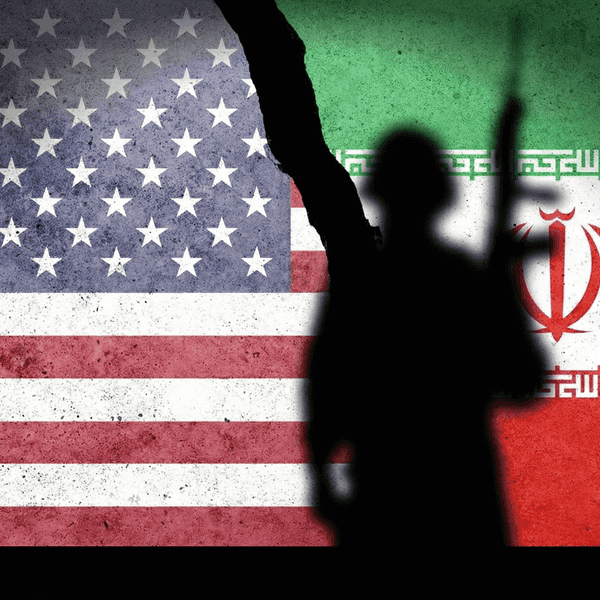TikTokers in Pakistan forced into apologies amid police crackdown on ‘vulgar’ content
Police in Khyber Pakhtunkhwa are cracking down on TikTokers over videos deemed ‘obscene’ or ‘vulgar’

Kamran Ali
Correspondent Nukta
Kamran Ali, a seasoned journalist from Khyber Pakhtunkhwa, Pakistan, has a decade of experience covering terrorism, human rights, politics, economy, climate change, culture, and sports. With an MS in Media Studies, he has worked across print, radio, TV, and digital media, producing investigative reports and co-hosting shows that highlight critical issues.

“Please forgive us; we will not make such videos again,” pleaded the TikTokers, their voices subdued as they sought leniency.
The apologies have become a recurring scene in Pakistan’s Khyber Pakhtunkhwa province as police round up social media content creators accused of producing “obscene” or “vulgar” material. Authorities insist such videos violate the law, societal values and religious norms.
According to police, more than a dozen cases have been registered, and over 50 creators have been taken into custody so far. The arrests span several districts, including Peshawar, Mardan, Swabi, Bannu and Mansehra.
Senior Superintendent of Police Masood Ahmed told Nukta that the crackdown began after a flood of public complaints about the circulation of indecent content online.
“People complained that it not only undermined social norms, but also damaged the image of the province,” Ahmed said.
- YouTube www.youtube.com
He stressed that the effort is meant to correct, not punish. “The aim is not to punish them, but to push them towards producing content that reflects a better image of society,” Ahmed said. He urged citizens to report creators so the so-called “culture” could be curtailed.
Some welcomed the police action. Afsar Afghan, a content creator, told Nukta that many young TikTokers post videos without training, awareness or guidelines.
“People upload such material simply to gain views and followers,” Afghan said. He argued the content is harmful for youth. “They will watch and learn from what they see, and this can end up shaping them in damaging ways.”
Afghan suggested that lawmakers draft a dedicated law defining immorality, unethical behavior, indecency, vulgarity and obscenity. He said this would make it easier for authorities to identify violations and take action.
The crackdown has also reached the courts. Nouman Muhib Kakakhel, a lawyer, filed a writ petition before the Peshawar High Court seeking action against what he called “obscene and immoral” content on social media.
The petition alleged that creators “use abusive and vulgar language, undress during live sessions, display private body parts, perform sexually suggestive dances and promote homosexuality.”
Kakakhel argued that such content, consumed by more than 50 million users in Pakistan, has led to “moral decay and the normalization of obscenity, thereby eroding Islamic and societal values.” He called on the court to order the removal of indecent content and to ensure enforcement of the Prevention of Electronic Crimes (Amendment) Act, 2025.
Another lawyer, Gul Hassan, filed a separate writ petition before the court, this time challenging the police practice of recording and uploading apology videos of arrested creators.
He called the move “extra-judicial,” saying police had no authority to record or publish such videos before a court delivers a verdict.







Comments
See what people are discussing